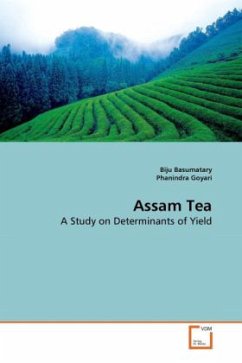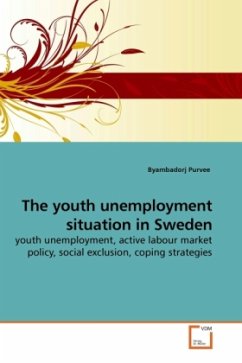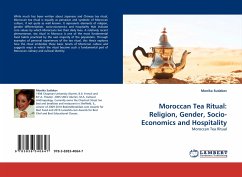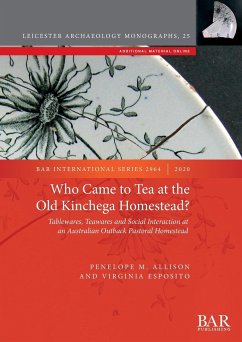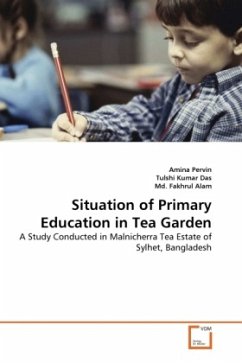
Situation of Primary Education in Tea Garden
A Study Conducted in Malnicherra Tea Estate of Sylhet, Bangladesh
Versandkostenfrei!
Versandfertig in 6-10 Tagen
32,99 €
inkl. MwSt.

PAYBACK Punkte
16 °P sammeln!
The study explores multidimensional factors relating to the current status of primary education in a tea garden of Bangladesh. The data are collected from the tea workers through different techniques like Interview Schedule, Observation, FGD and Informal Discussions. The study is based on quantitative and qualitative analysis supported by both kinds of data. The data that are collected have been analyzed and explained from different theoretical points of view so that the situation of primary education in the tea garden could be better understood. The findings adequately explain that the situat...
The study explores multidimensional factors relating to the current status of primary education in a tea garden of Bangladesh. The data are collected from the tea workers through different techniques like Interview Schedule, Observation, FGD and Informal Discussions. The study is based on quantitative and qualitative analysis supported by both kinds of data. The data that are collected have been analyzed and explained from different theoretical points of view so that the situation of primary education in the tea garden could be better understood. The findings adequately explain that the situation of primary education in the garden may not be described by the classic and dominant perspectives like vicious cycle of poverty or culture of poverty. Rather it could be analyzed with the attributes of situational constraints thesis which advocates for a positive change always identified in the community. The tea workers are found highly sensitive of their class identity but hardly make any efforts to organize themselves for revolting against the authorities as they feel exploited and deprived.



